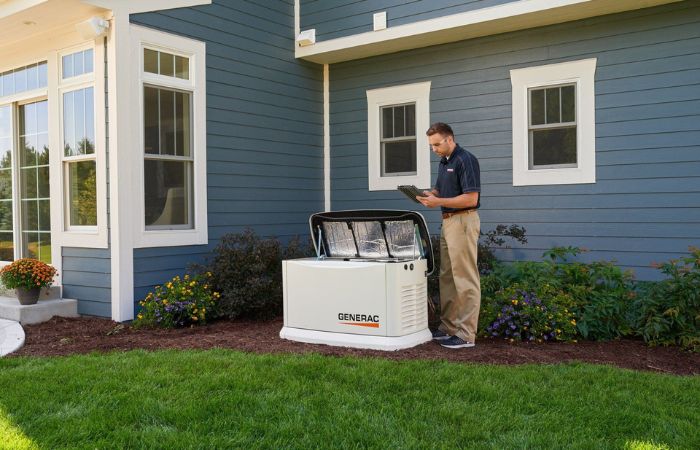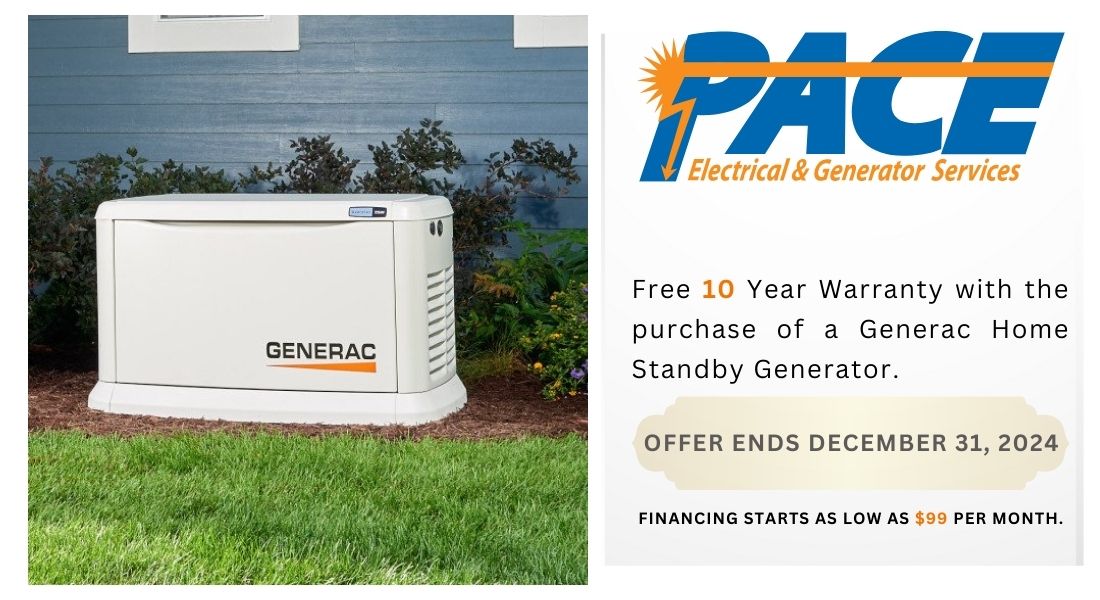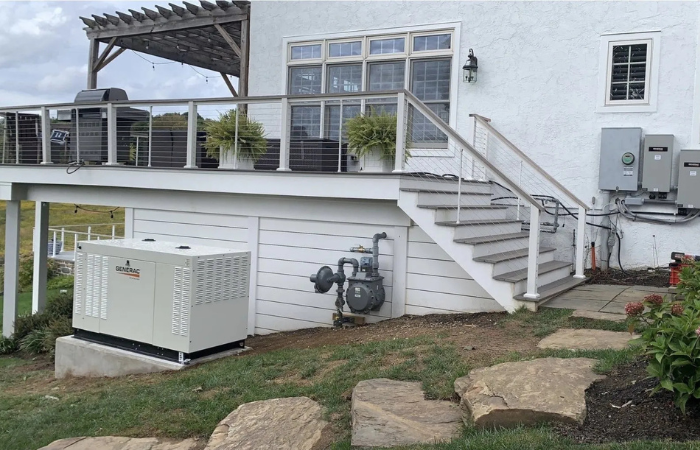A Generator Maintenance Plan is more than just an optional service – it’s a crucial investment that ensures your backup power system performs when you need it most. Whether you own a home or manage a commercial property, choosing the right plan can save you from costly breakdowns, safety risks, and inconvenient power outages. This guide will help you understand what to look for in a generator maintenance plan, why it matters, and how to select the best option for your property.
Why a Generator Maintenance Plan Matters
Generators work hard to supply uninterrupted power during outages, but like any mechanical system, they require regular upkeep to stay reliable. Over time, dust, oil degradation, fuel contamination, and worn components can reduce efficiency and lead to failure when it’s least convenient.
A Generator Maintenance Plan ensures timely inspections, fluid replacements, and system tests by qualified technicians. It helps:
- Prevent unexpected failures: Regular maintenance identifies minor issues before they escalate.
- Extend generator lifespan: Routine care reduces wear and tear on critical components.
- Maintain manufacturer warranty: Many generator warranties require documented maintenance.
- Ensure safety and compliance: Technicians check for fuel leaks, exhaust issues, and proper grounding.
- Guarantee readiness: Load testing confirms that your generator will perform under real conditions.
Key Features to Look for in a Generator Maintenance Plan
Not all plans offer the same value. Here’s what to look for before committing:
1. Frequency of Service
Most experts recommend bi-annual or quarterly maintenance, depending on how often your generator runs. Choose a plan that includes at least two visits per year, one before peak storm season and another afterward.
2. Comprehensive Inspection Checklist
A strong Generator Maintenance Plan should cover all critical systems, including:
- Oil and filter changes
- Battery testing and replacement
- Coolant level checks
- Fuel system inspection
- Air filter cleaning/replacement
- Load bank testing
- Electrical connection tightening
This ensures every part of your generator is optimized for performance.
3. Certified Technicians
Always verify that the provider employs factory-trained and certified technicians, especially for specific brands like Generac or Kohler. Skilled professionals can spot subtle issues and handle both mechanical and electronic diagnostics.
4. Emergency Service Availability
Power outages don’t follow a schedule, and neither should your maintenance provider. Look for a plan that includes 24/7 emergency support or priority service for members. This guarantees quick assistance during unexpected power interruptions.
5. Genuine Replacement Parts
Using non-certified or generic components can void your generator’s warranty. The right plan will guarantee OEM (Original Equipment Manufacturer) parts to maintain warranty compliance and performance standards.
6. Transparent Pricing and Contracts
Choose a plan that clearly outlines what’s included, with no hidden fees or confusing clauses. Ask about add-on options such as remote monitoring, extended warranties, or seasonal checkups for additional peace of mind.
Residential vs. Commercial Maintenance Plans
Your property type determines the right approach:
- Residential Plans: Focus on convenience, automatic scheduling, and quick response times. Homeowners benefit from preventive care that ensures uninterrupted comfort during storms or grid failures.
- Commercial Plans: Prioritize uptime, compliance, and power continuity for mission-critical operations. These may include load bank testing, remote monitoring, and performance reporting to meet business requirements.
Final Thoughts
Selecting the best Generator Maintenance Plan is an essential step toward ensuring uninterrupted power, long-term equipment health, and safety. A good plan goes beyond basic servicing – it’s a partnership between you and experienced professionals who understand your power system inside out.
When evaluating your options, prioritize coverage, technician qualifications, emergency response, and the reputation of your provider. By doing so, you’ll gain peace of mind knowing that your generator and your property are always ready when the lights go out.













